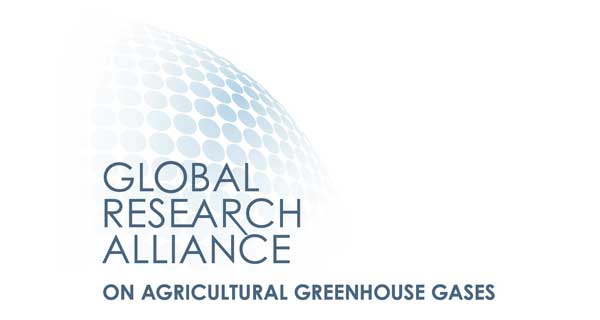Boosting cattle productivity in the South American Chaco
 Argentina
Argentina
 Bolivia
Bolivia
 Paraguay
Paraguay
Executive Summary
In recent decades there has been a rapid expansion and intensification of agricultural production in the South American Chaco region. However, most livestock producers still have very low productivity levels . A valid indicator of this productivity is the low annual weaning rate (calves per cow per year), which is below 50%. Low productivity can be explained by poor availability and planning of forage resources (e.g. pastures, rangeland and reserves), a lack of farm infrastructure (e.g. pasture and corrals), inefficient herd management (e.g. lack of planning and organization of services, weaning) and lack of adequate health management (e.g. reproductive and parasitic diseases). This project seeks to improve the efficiency, stability and resilience of family livestock systems in the Chaco region through the incorporation of alternative technologies and capacities to improve livestock management. Researchers, extension workers and producers from the three countries that share the South American Chaco: Argentina (INTA-ArgenINTA), Bolivia (INIAF and FeGaSaCruz) and Paraguay (IPTA-IICA), are participating in this cooperative project. The project is funded by the New Zealand Government as part of its contribution to the Global Research Alliance on Agricultural Greenhouse Gases (GRA).
The technological solution
A network of pilot sites (livestock farms) where proposed technologies are adapted and demonstrated together with technical assistance and a training program on livestock innovation for extension workers, advisors and producers.
Results
- An updated characterization of family cattle systems in the Chaco region, with technological alternatives to be incorporated into intervention strategies and an ensured continuity of actions in the future.
- An installed network of 90 pilot sites across the 3 countries, where technological improvements are applied and serve as demonstrative and training units during and following the project.
- Producers, extension agents and advisors trained in bovine production in the Chaco. A virtual livestock innovation course for the region that can be scaled up to other producers will be available.
- Information available on productivity indicators, level of uptake of the proposed technological alternatives and their effect on the productivity of family livestock systems.
Beneficiaries
- 1,250 associated livestock producers in the participating countries.
- 90 extension workers from national agencies and producer organizations from Argentina, Paraguay and Bolivia.
- 40 researchers from Research Institutes and Universities of the Chaco Region.
- 150 private advisors from participating countries.
Sustainable Development Goals






Project news
Participating Organizations
Executor
- Fundación ArgenINTA (ARGENINTA) - Argentina
Co-executor
- Instituto Nacional de Tecnología Agropecuaria (INTA) - Argentina
- Instituto Nacional de Innovación Agropecuaria y Forestal (INIAF) - Bolivia
- Federación de Ganaderos de Santa Cruz (FEGASACRUZ) - Bolivia
- Instituto Paraguayo de Tecnología Agraria (IPTA) - Paraguay
Graphics and data
Financing by country (in USD)













































































